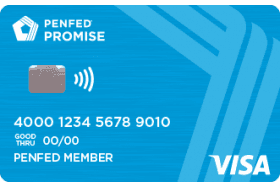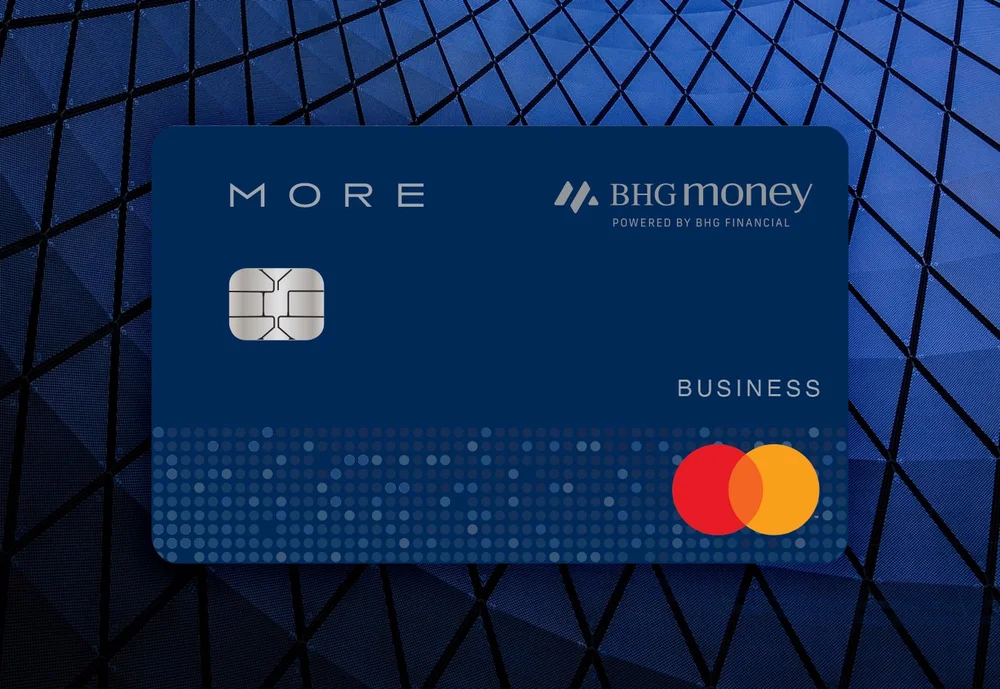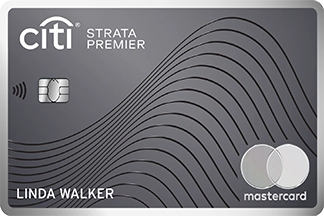- myFICO® Forums
- FICO Scoring and Other Credit Topics
- Understanding FICO® Scoring
- Not using full amount of credit available
- Subscribe to RSS Feed
- Mark Topic as New
- Mark Topic as Read
- Float this Topic for Current User
- Bookmark
- Subscribe
- Mute
- Printer Friendly Page
Not using full amount of credit available
Is your credit card giving you the perks you want?
Browse credit cards from a variety of issuers to see if there's a better card for you.
- Mark as New
- Bookmark
- Subscribe
- Mute
- Subscribe to RSS Feed
- Permalink
- Report Inappropriate Content
Not using full amount of credit available
Lets say I have credit cards with $5000 credit limit. I use them frequently and pay them off quickly. But never have the need to use even close to the limit. I was told that it was a bad thing to have that much credit avaible and not ever use it. And was recommend to close those accounts, is this a good idea?
- Mark as New
- Bookmark
- Subscribe
- Mute
- Subscribe to RSS Feed
- Permalink
- Report Inappropriate Content
Re: Not using full amount of credit available
First, you don't want to close accounts with good limits because when the day comes that you might run into a bind and need to use some of that extra available credit, it's more than likey you won't be able get it.
Second, having a good limit works for your advantage in many ways. you are able to spend what you spend and not have to worry about paying in full before the balance cuts to keep your utilization down.
Third, having a good limit shows lenders that you are reponsible with higher credit limits.
Fourth, at the end of the day do what makes you feel the most comfortable but lenders don't expect you to use all the credit you have. Its there as a tool for when you need it. Just be reponsible, stay on top of your reports and accounts to make sure everything is on the up and up.
- Mark as New
- Bookmark
- Subscribe
- Mute
- Subscribe to RSS Feed
- Permalink
- Report Inappropriate Content
Re: Not using full amount of credit available
Whoever told you that is absolutely, totally, completely, 100% WRONG.
30% of how your FICO score is calculated is something called you "Credit Utilization Ratio". This is the ratio of how much credit you are using to how much you have available. Generally, you want to keep this ratio to 30% of your available credit. So for instance, if you have a card with a $1000 limit, don't ever put more than $300 on it. Having more available credit than you are using is a major help to you, not a hinderance.
However, be mindful of cards you don't use at all. Those run the risk of being closed due to inactivity. Put coffee or something small on them once a month and pay it off to keep them active. That way, you will keep up your amount of available credit, build good payment history, and keep extending your average age of account.
^_^
- Mark as New
- Bookmark
- Subscribe
- Mute
- Subscribe to RSS Feed
- Permalink
- Report Inappropriate Content
Re: Not using full amount of credit available
When looking at your Fico Score and utilization rate. Are we looking at total credit avaiable (all credit cards) or indivudual cards?
- Mark as New
- Bookmark
- Subscribe
- Mute
- Subscribe to RSS Feed
- Permalink
- Report Inappropriate Content
Re: Not using full amount of credit available
Generally the overall ratio across all revolving credit accounts.
- Mark as New
- Bookmark
- Subscribe
- Mute
- Subscribe to RSS Feed
- Permalink
- Report Inappropriate Content
Re: Not using full amount of credit available
But personally, I try to pay close attention to both my individual card balaces and the overall ratio.
- Mark as New
- Bookmark
- Subscribe
- Mute
- Subscribe to RSS Feed
- Permalink
- Report Inappropriate Content
Re: Not using full amount of credit available
@Anonymous wrote:Lets say I have credit cards with $5000 credit limit. I use them frequently and pay them off quickly. But never have the need to use even close to the limit. I was told that it was a bad thing to have that much credit avaible and not ever use it. And was recommend to close those accounts, is this a good idea?
Good advise from the above posters on utilization.
If your cards do not have yearly fees, it is best to keep them open and active. Some things to be aware of:
1) Part of credit mix is the # of revolving credit cards you have open. Three or more cards meet the criteria for sufficient credit in this category. [ any card you have should be used at least once a year to avoid possible closure by the issuer due to inactivity].
2) For high score potential you want well aged accounts and a good credit mix. Do not close accounts that have credit history with a solid payment record. If you do, the account will drop off your file in 10 years and you then lose that favorable history. You also lose the contribution of the card's age toward average age of accounts (AAoA). A good goal for AAoA is 8 or more years.
3) There are no negatives associated with not using a significant portion of your aggregate (overall) CL. In fact, a low utilization shows you are able to manage your credit and use it wisely.
4) My advice is always pay monthly charges in full. I let all my charges post on my statement and then pay it. Others "pre-pay" their charges before statement cut date to minimize the amount that gets reported to the CBs. That helps drive down utilization which is beneficial to scoring. However, if you have sufficient credit limits relative to spend level you can allow all charges to report and still maintain low utilization rates.
Fico 8: .......EQ 850 TU 850 EX 850
Fico 4 .....:. EQ 809 TU 823 EX 830 EX Fico 98: 842
Fico 8 BC:. EQ 892 TU 900 EX 900
Fico 8 AU:. EQ 887 TU 897 EX 899
Fico 4 BC:. EQ 826 TU 858, EX Fico 98 BC: 870
Fico 4 AU:. EQ 831 TU 872, EX Fico 98 AU: 861
VS 3.0:...... EQ 835 TU 835 EX 835
CBIS: ........EQ LN Auto 940 EQ LN Home 870 TU Auto 902 TU Home 950
- Mark as New
- Bookmark
- Subscribe
- Mute
- Subscribe to RSS Feed
- Permalink
- Report Inappropriate Content
Re: Not using full amount of credit available
See also:
http://www.myfico.com/crediteducation/whatsinyourscore.aspx
Be sure to click on the Learn more about amounts owed link and read.
@Anonymous wrote:When looking at your Fico Score and utilization rate. Are we looking at total credit avaiable (all credit cards) or indivudual cards?
Both matter. Even if your overall is good you don't want individual cards that are high and/or maxed.
- Mark as New
- Bookmark
- Subscribe
- Mute
- Subscribe to RSS Feed
- Permalink
- Report Inappropriate Content
Re: Not using full amount of credit available
@Anonymous wrote:Lets say I have credit cards with $5000 credit limit. I use them frequently and pay them off quickly. But never have the need to use even close to the limit. I was told that it was a bad thing to have that much credit avaible and not ever use it. And was recommend to close those accounts, is this a good idea?
Absolutely untrue.
The more credit you have available, and the less you use it, the better.
Closing accounts will hurt your score, not help it.































Total revolving limits 568220 (504020 reporting) FICO 8: EQ 689 TU 691 EX 682
- Mark as New
- Bookmark
- Subscribe
- Mute
- Subscribe to RSS Feed
- Permalink
- Report Inappropriate Content
Re: Not using full amount of credit available
All great advice. Bottom line: there is no FICO penalty for having lots of unused credit. Quite to the contrary there is great reward for FICO in so doing. (More precisely, FICO rewards you at any snapshot in time for having a low utilization percentage: that can be achieved with a total credit limit of $500 just as effectively as with a limit $500,000 -- the difference is just a matter of convenience.)
Quick point of clarification about AAoA,: while it is true that closing a card will eventually impede it from helping you with your AAoA (average age of accounts) that doesn't happen until ten years later when it falls off your profile. If you close it, it will continue to age (for the next ten years) and will therefore continue to improve your AAoA just as much as it would have had it been open.
Another thing that was mentioned was "paying in full." There have been some recent news pieces about how the credit industry has already begin rewarding people for paying their CC balances in full each month (these people are called "transactors") rather than only paying part of the full amount owed and carrying the remainder to the next month (these people are called revolvers). If it is financially feasible, any consumer should therefore be striving to establish a history of being a transactor (i.e. paying in full or PIF) as soon as they can (without stress) begin doing so. The longer you can show that you have been a transactor, the better. Our OP sounds like he is probably a transactor already, so bully for him.
About the risk of cards being closed for inactivity: once a month may be overkill, though if it is easy to do and the purchase was definitely one you needed to make anyway, then of course fine. I hope to start a thread later today to collect some hard (if anecdotal) data on that. But the received wisdom seems to be that, for any card that was used a decent amount in the past, you can probably get away moving forward with a single small charge once every four months.